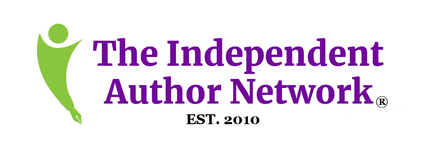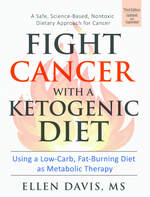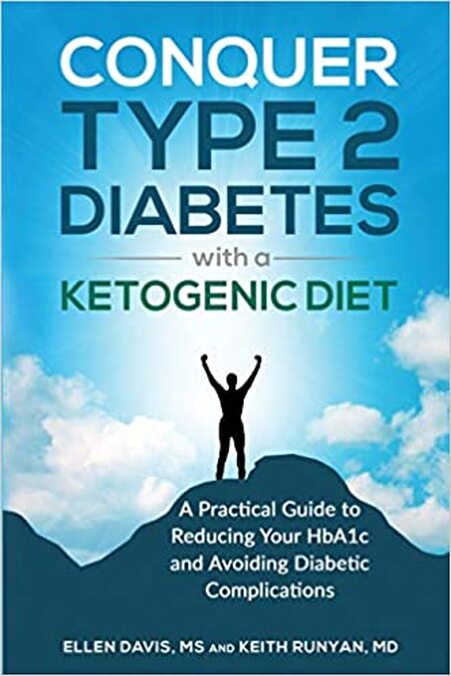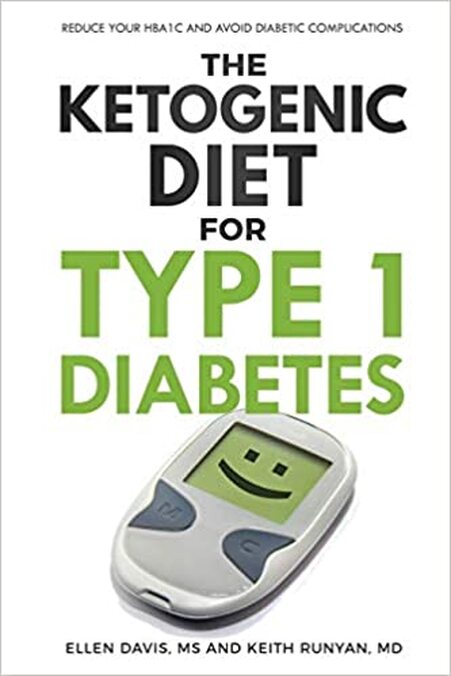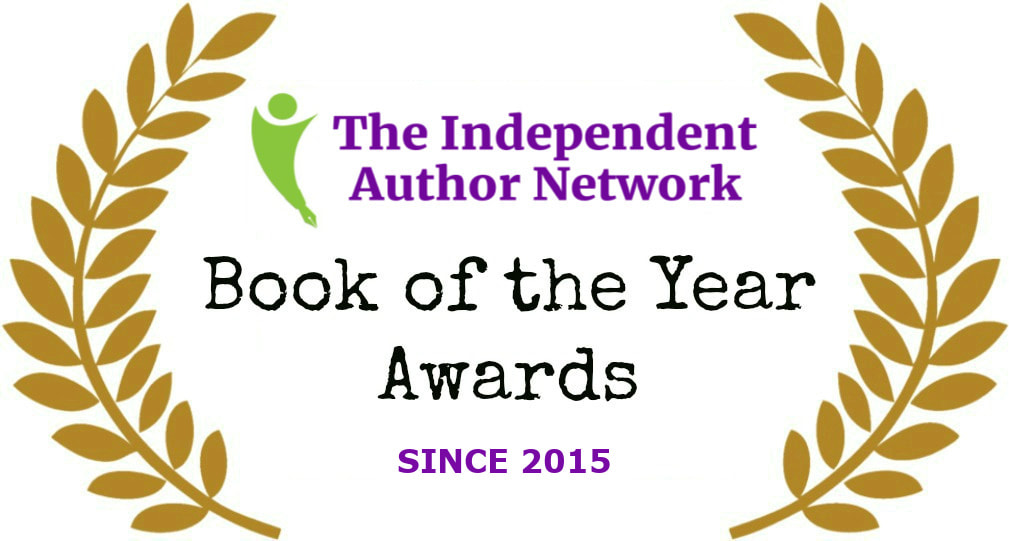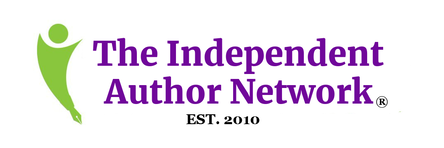Ellen Davis
|
Ellen Davis has a Master’s degree in Applied Clinical Nutrition and is the owner of the Ketogenic-Diet-Resource.com, a website showcasing the research on the positive health effects of ketogenic diets.
Ellen has published four books on ketogenic nutrition and has written articles for Well Being Journal, Terry’s Naturally and Healthy Living magazines. Her book “Fight Cancer with a Ketogenic Diet” has sold in over 70 countries around the world. Ellen is currently spending her time helping other independent authors publish books. Her business website can be found at keybookdesign.com. Ellen is also a watercolor artist, and you can see her work at insidewatercolor.com. |
Fight Cancer with a Ketogenic Diet
|
Diet and Health
This essential, fully referenced book is a practical guide to implementing a ketogenic diet as a cancer treatment for physicians, patients and caregivers, and provides step-by-step instructions for customizing the diet and clear explanations of the cutting-edge research on ketogenic therapies being done by Dr. Dominic D’Agostino’s team at the University of South Florida and Dr. Thomas Seyfried’s team at Boston College. The ketogenic diet for cancer is based on the consumption of whole, fresh foods and it can be used in addition to standard care or as a stand-alone treatment in wait-and-see situations. Fight Cancer with a Ketogenic Diet, Third Edition offers 150 pages of the latest information on the newest research and complementary therapies, and includes: • how and why a low carb, ketogenic diet works to stop cancer cells • how to implement the diet and how to monitor your progress • blood glucose and ketone level targets recommended to destroy cancer • what foods to choose and how much to eat • why certain foods must be restricted • use of calorie restriction and fasting • whether alcohol is allowed • the debate between acidity vs alkalinity • appropriate supplementation and much more. Ketogenic metabolic therapy is cutting edge, and thousands of people have purchased and used the information in this book to take back some control over their own health. You can too. |
Conquer Type 2 Diabetes with a Ketogenic Diet
|
Diet and Health
Type 2 diabetes is a modern disease of carbohydrate intolerance, meaning your body isn’t able to process carbohydrate (sugars and starches) normally. Consuming these foods results in high blood sugar, and over time, diabetic complications. Before the invention of insulin in the 1920s, physicians advised diabetics to avoid eating carbohydrates because of this intolerance. In contrast, modern advice is to eat carbohydrates and treat the resulting high blood sugar with medications and insulin. This “eat carb and take medicine” method increases the cost of diabetic care and does nothing to resolve the underlying disease and progression. The logical solution is to follow a low-carb ketogenic diet because it treats type 2 diabetes at the root cause. Avoiding carbs while enjoying foods rich in healthy fats and protein stabilizes blood sugar and reduces and in some cases, eliminates the need for diabetic medications. Conquer Type 2 Diabetes with a Ketogenic Diet has all the information you need to successfully take control of your diabetes. In addition to clear explanations of the science, this book includes personal success stories, information on blood sugar monitoring and insulin therapy, the foods to eat and to avoid, cooking tips, how to get started and personalize the diet, medication interactions and more. |
The Ketogenic Diet for Type 1 Diabetes
|
Diet and Health
Before the invention of insulin, type 1 diabetic (T1D) patients were advised to avoid sugar and starch (carbohydrate) and to eat a very low carb, ketogenic diet to control blood sugar. In contrast, modern advice is to eat carbohydrates and treat the resulting high blood sugar with large doses of insulin. This “eat carb and take more insulin” method increases the cost of diabetic care and does nothing to protect the patient from symptoms and complications. Worse, it exposes T1D patients to the real danger of a fatally low blood-sugar episode (hypoglycemia). The logical solution is to reduce both carb intake and insulin dosage. Avoiding carbs while enjoying foods rich in healthy fats and protein stabilizes blood sugar and reduces medication costs and the risk of long-term complications. The Ketogenic Diet for Type 1 Diabetes provides the tools and information you need to successfully take control of your diabetes. In addition to clear explanations of the science, you’ll find personal success stories, lists of the foods to eat and to avoid, cooking tips, how to get started and personalize the diet, adapting basal and bolus insulin doses, and special considerations for children with T1D. |
inferior nutrition
|
Diet and Health, Survival and Emergency Preparedness
Most prepper and survivalist resources suggest storing rice, dried beans, grains, flours, sugar, potatoes, and powdered milk as major sources of calories in a disaster scenario. The trouble is that these high carbohydrate foods aren’t compatible with optimal human metabolism during periods of food scarcity. In fact, relying on these foods during periods of calorie restriction can accelerate the metabolic process of starvation. This book explains why high carbohydrate foods are the wrong choice for emergency preparedness and surviving food shortage situations long-term, how these foods work against the body’s natural and protective starvation response, and what to store and eat instead to gain a metabolic advantage in any doomsday or end times scenario. |
